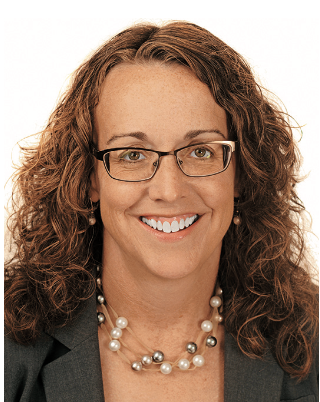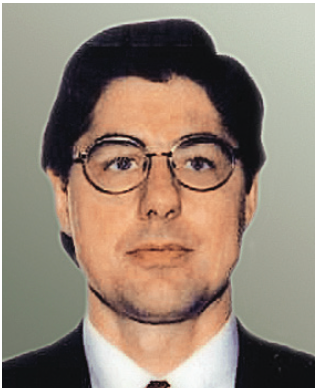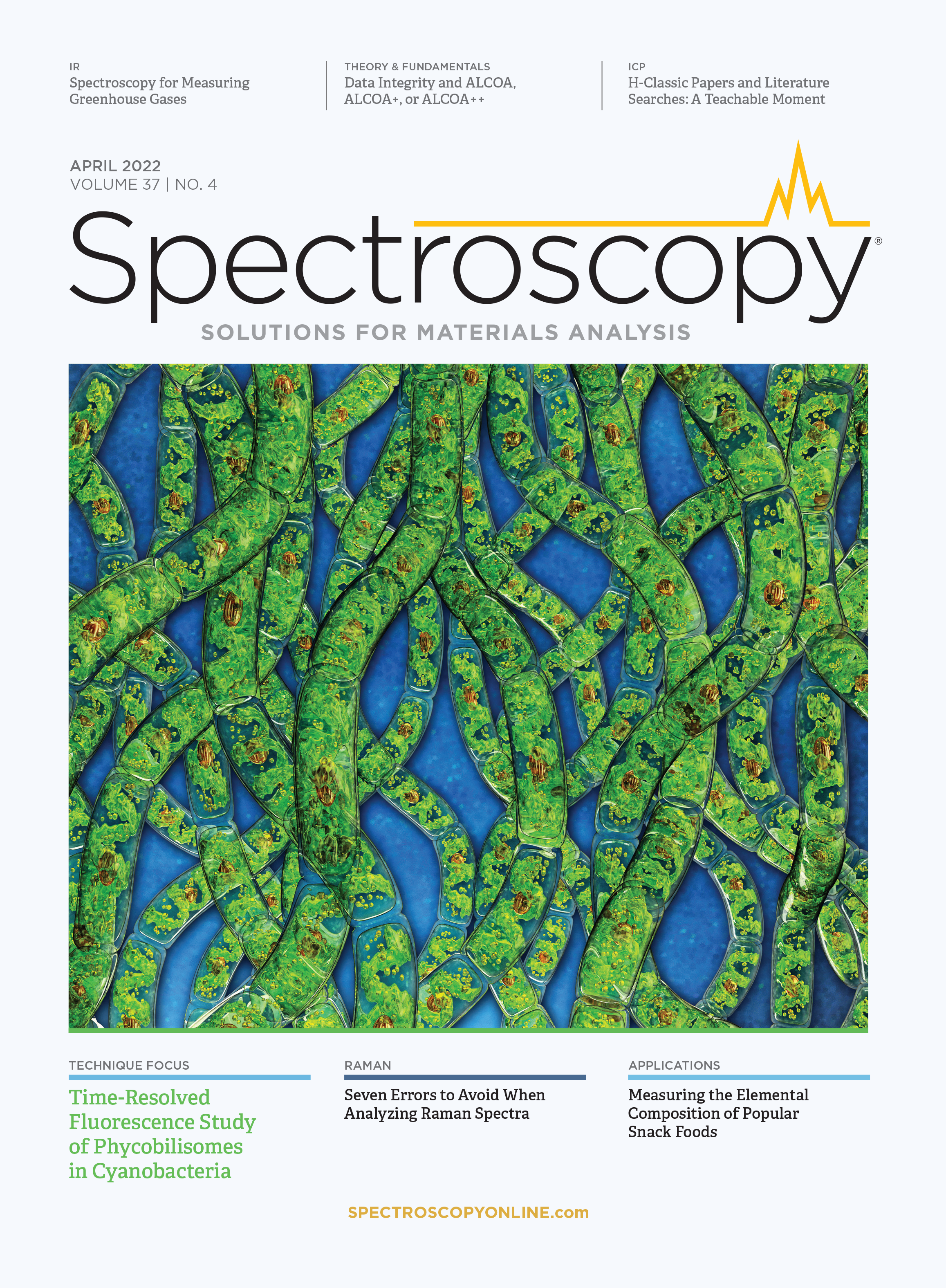A Teachable Moment: “H-Classic Papers in Atomic Spectroscopy”
From the Editors
A note from the editors of Spectroscopy regarding the "H-Classic Papers in Atomic Spectroscopy" article published in the November 2021 issue.
In the November 2021 issue of Spectroscopy, we published a review paper titled “H-Classic Papers in Atomic Spectroscopy: An Integrative Literature Review” (1). This paper caused quite a bit of concern in the atomic spectroscopy community, and understandably so.
In the work, the authors, who are faculty in a computer science department at a university outside the United States, presented a list of 64 papers that fit, according to the research criteria, the definition of “H-Classic” papers—highly cited papers that made key contributions to the field. When expert members of the atomic spectroscopy community read the paper, however, they found that many seminal works by icons in the field were missing. Several wrote to us, and we have published one comprehensive letter in this issue, from Mike Blades (page 10), along with a response from the authors.
The problem, which everyone quickly realized, resulted from a combination of two factors. First, the results were based on the use of a very limited search term, atomic spectroscopy, and second, the authors are computer scientists who did not realize the gaps because of their lack of familiarity with field of atomic spectroscopy.
The authors searched the Web of Science (WoS) for the years from 1968 to 2015 using the search term atomic spectroscopy. Their query identified 1214 papers in English, which were then sorted in descending order based on their respective citation counts. The H-Index, for the available data set, was found to be 64, and correspondingly, the first 64 articles were classified as the highly cited papers based on the H-Classic definition.
As the experts who wrote to us pointed out, it is very uncommon, especially in the older literature, for papers in the field to use the phrase atomic spectroscopy in the title or abstract; they might refer instead to a term such as atomic emission spectroscopy, inductively coupled plasma–optical emission spectroscopy (ICP-OES), or ICP–mass spectrometry (ICP-MS).
Thus, the teachable moment. We can all easily imagine that any undergraduate student or skilled librarian could similarly misunderstand the essential keywords needed to identify a comprehensive set of critical papers in any given field. Something similar could happen in molecular spectroscopy if one used search terms like Raman spectroscopy, visible spectroscopy, or infrared spectroscopy. This situation serves as a reminder to all who conduct any sort of literature search and as valuable lesson to teach students. For this purpose, we have published a resource article on our website entitled, “Literature Searches: A Guide to Getting it Right”(2).
For our part, we also learned an important lesson. We recognize, as an editorial staff, that review articles like this one should be reviewed by experts in the specific field in question. To set the record straight, this paper was not reviewed by any members of our editorial advisory board (EAB). We pledge to seek this expertise in future general topic reviews. Given the volume of papers we are currently handling in peer review, and the range of subject areas addressed in them, which include specialized applications in areas like material science, physics, clinical applications, astrobiology, we will often need to reach beyond our EAB. But we will certainly seek the advice of truly expert reviewers, and will also invite our EAB to weigh in.
We thank those who wrote to us and spoke with us about this topic. We appreciate your passion for science and for getting things right, which we wholeheartedly embrace.
References
(1) M.R. Rafiq and S.M. Sait, Spectroscopy 36(11), 28–34,40 (2021). https://www.spectroscopyonline.com/view/h-classic-papers-in-atomic-spectroscopy-an-integrative-literature-review
(2) J. Workman, “Literature Searches: A Guide to Getting it Right,” Spectroscopy; online only. https://www.spectroscopyonline.com/view/literature-searches-a-guide-to-getting-it-right
Laura Bush is the editorial director of LCGC North America and Spectroscopy. Direct correspondence to: lbush@mjhlifesciences.com.

Jerome Workman is the Senior Technical Editor of LCGC North America and Spectroscopy. Direct correspondence to: jworkman@mjhlifesciences.com.


Atomic Perspectives: Highlights from Recent Columns
March 3rd 2025“Atomic Perspectives,” provides tutorials and updates on new analytical atomic spectroscopy techniques in a broad range of applications, including environmental analysis, food and beverage analysis, and space exploration, to name a few. Here, we present a compilation of some of the most popular columns.
Pittcon 2025: Highlighting Talks on Atomic Spectroscopy
February 26th 2025At Pittcon this year, there will be numerous sessions dedicated to spotlighting the latest research that uses atomic spectroscopy or elemental analysis techniques. We highlight some of these talks below that might pique the interest of spectroscopists and researchers attending the conference this year.